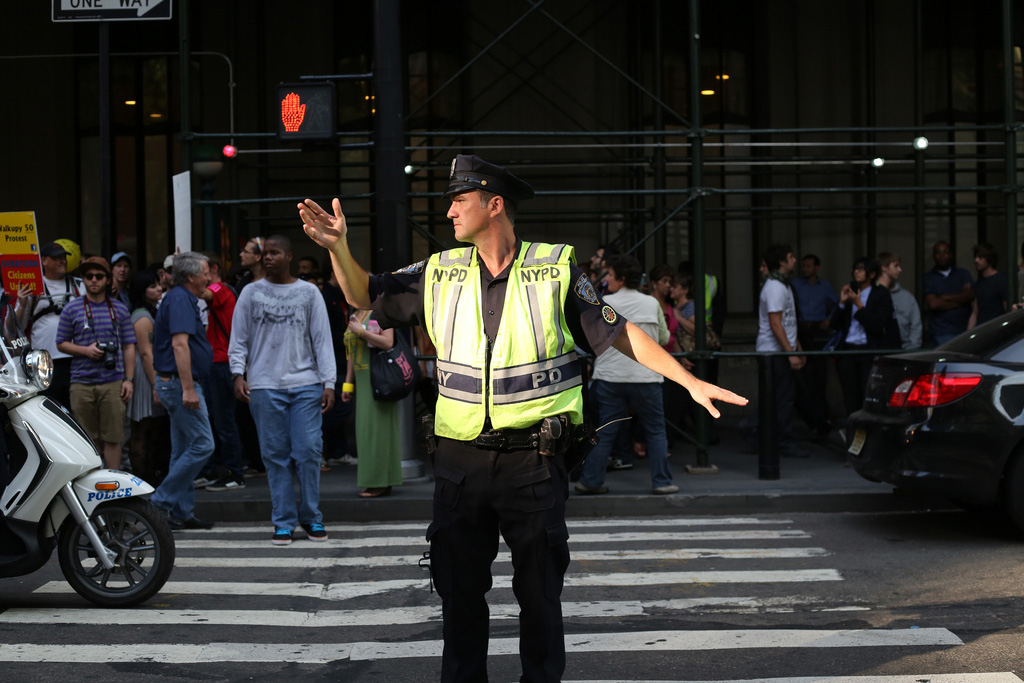‘Mantṧali Phakoana
Some civil society organisations (CSOs) and members of parliament (MPs) have warned the government against holding local elections in September this year in the face of unresolved long-drawn political squabble over national reforms.
The CSOs and legislators this week questioned the country’s readiness to deliver free, fair and credible polls without passing the 2016 Southern African Development Community (SADC) reforms aimed at ensuring political stability in the country.
They argued that going ahead with the highly-anticipated elections before the National Assembly passes the Local Government Reforms Bill could plunge the country into chaos.
They further contend that both government and opposition should reach a consensus that will be in the best interest of the Basotho nation.
At the heart of the problem is the 11th Amendment to the Constitution Bill, known as Omnibus Bill, which contains most of the changes emanating from Lesotho’s 2018-19 national dialogue on reforms.
SADC instituted the dialogue after political turmoil in the country including an aborted coup and assassinations of top military officers.
The government and opposition are squabbling over the handling of the Bill which is envisaged to foster stability in the country.
The government intends to fundamentally restructure the Bill by dismantling it into three parts: a Bill of laws that the National Assembly could pass with a simple majority; another for laws that would require amending entrenched clauses in the constitution by a two-third majority in parliament and lastly one that would impact doubly entrenched clauses and required approval by referendum, meaning seeking public opinion.
On the other hand, most of the opposition parties disagree with the government and suggest the original Bill should pass without being restructured, arguing government is doing all that to buy time so it can pack the civil service with its own people rather than follow the processed laid out in the Omnibus Bill.
The political and security reforms are a result of discussions between political parties, civil society and other role players.
The reforms were initially scheduled to be completed and effected in 2022 but they have been put on ice by a catalogue of circumstances such as perennial squabbles between their handlers, and court battles.
The reforms focus on seven thematic areas; judiciary, constitution, public service, economy, media, parliament and security sector.
However, they continue to be clouded in uncertainty in the current 11th parliament and have become a tool for political expediency and grandstanding.
But, the Independent Electoral Commission (IEC) has allayed fears that holding local government elections in September this year might affect the progress of Lesotho’s political and security reforms.
IEC chief legal director Lehlohonolo Suping stated that the Commission is prepared to deliver fair, free and credible elections.
Suping told an advocacy dialogue meeting on advancement of constitutional reforms in Maseru this week that the IEC had already started preparations for the elections. These should be held when the term for the current councilors on 23 September.
He however, admitted there is not enough time for both the electoral body and the CSOs to educate voters on the elections as prescribed by the Constitution of Lesotho, Local Government Act 2010 and Local Government Elections Act.
“But there is nothing stopping us from going for elections,” he said.
He indicated that the IEC had started educating councils on the elections and would on June 5 start registering and educating voters.
Suping further noted that the ministry of local government had not restructured electoral divisions (EDs) following the re-drawing of constituency boundaries by the IEC in preparation for the 7 October 2022 general elections as required by the law.
“This means that eligible voters will cast their vote at EDs that were used for the 2017 local government elections.”
Speaking at the same dialogue, Senator Seabata Motsamai warned that the voter turnout for the upcoming elections was likely to decline compared to the previous local elections, given the limited time for civic education.
“This would be more so because the government invests less funding in local government elections,” Motsamai said.
He accused both the opposition and the government of playing political games with the reforms and sowing confusion among the people when they could be compromising and reaching a common decision.
“Government should swallow its pride and the opposition should stop demanding too much from the government as far as the reforms are concerned.

































